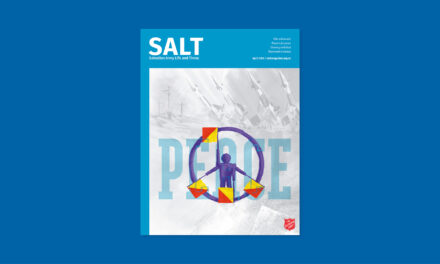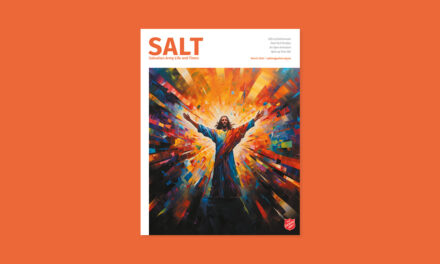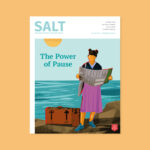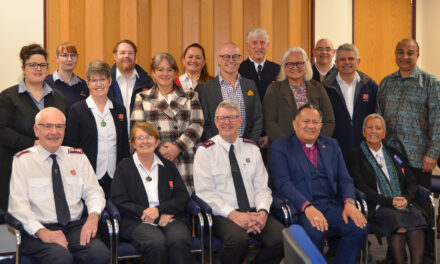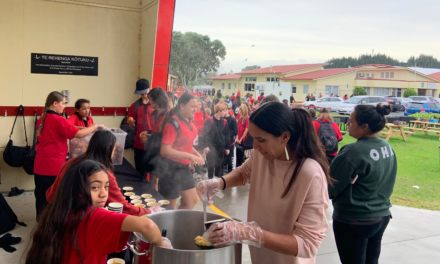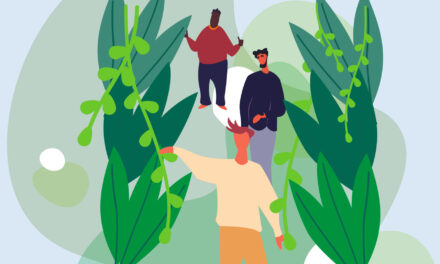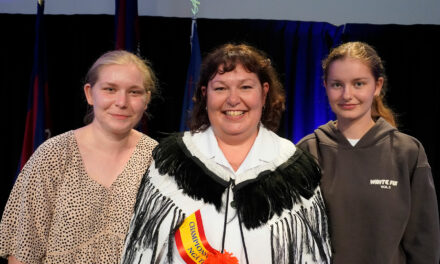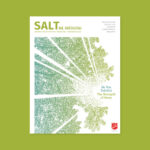
Culture is Clinical
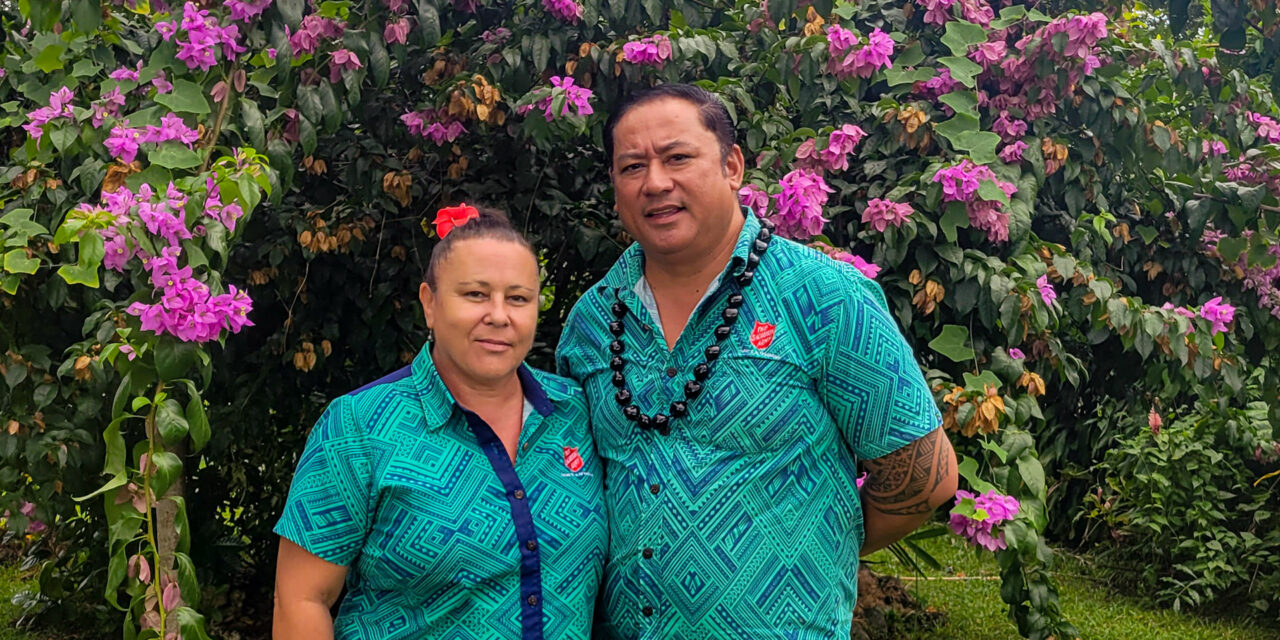
Tino and Nat Senio are the leaders of The Salvation Army’s Addiction Services in the Samoa Region. As part of the ‘Soalaupule Series’—a virtual space connecting Samoan communities spread across the world—they recently presented on the topic ‘Culture is Clinical: A perspective on the effectiveness of using Fa’asamoa cultural protocols within addiction treatment’. SALT interviewed this inspiring couple to learn about their journey and the transformative work they are part of in Samoa.
Tino and Nat Senio not only bring extensive and exceptional qualifications to their Addiction Services leadership roles with The Salvation Army in Samoa, but also 30 years of clinical experience gained predominantly in New Zealand. However, working in Samoa for the past five years has had a profound impact on the couple and continues to transform their clinical practice.
‘There’s a big difference between working with people generally, and now working with my own people,’ explains Samoa-born Tino. ‘I cry with my people, and I laugh with them. I enjoy the work, and when I go home at night I feel so satisfied. I feel a deep sense of responsibility to the community here in Samoa—this work is so much more than just a job to me.’
Nurtured by the villages of Matatufu and Luatuanu’u, Tino began his education in Samoa before moving to New Zealand, where he lived and worked for 26 years. Tino is a qualified and accredited member of the Drug and Alcohol Practitioners Association of Aotearoa New Zealand. He holds a bachelor’s degree in alcohol and drug studies as well as an undergraduate certificate in clinical supervision and a certificate in mental health. Before working for The Salvation Army, Tino was employed by the Waitemata District Health Board in Auckland as an alcohol and drug clinician and clinical supervisor. Tino is currently the team leader and clinical supervisor for The Salvation Army’s Addiction Services in Samoa.
Nat is a third generation New Zealand-born Tongan, and a registered nurse. Nat has specialised in mental health and addiction work for the past 30 years across clinical, research and management roles. Prior to coming to Samoa, Nat was the manager of Faleoa (Pacific Mental Health Services) for Counties Manukau District Health Board in Auckland. Nat also holds a master’s degree in business administration (MBA) and is currently the partnership development manager for Addiction Services, also working alongside Tino as a clinician.
‘I feel so privileged to be part of people’s wellness and recovery journeys,’ says Nat. ‘I’m always so inspired and grateful to see positive change occurring in the lives of the people we serve day-to-day because this gives hope for future generations and better outcomes for all Samoans. Time and again we are witnessing and experiencing God’s grace in the lives of the people we serve.’
Suffering and struggling
On secondment to Samoa, Auckland-based Judge Ema Aitken made the recommendation to establish an alcohol and drug court (ADC). In 2016, Tino and Nat travelled to Samoa where Tino worked for the ADC as the case manager. At that time, 82 percent of all matters in the courts were drug and alcohol related. Before returning to New Zealand, Tino recommended that alongside the ADC, opening a community treatment centre was paramount.
‘We both felt really heavy when we left,’ says Tino. ‘We couldn’t stop thinking about the people who were suffering and struggling. I prayed about it—what is going to happen to these people, and when is it going to happen and who is going to run it?’
Seven months later, Tino received a call from Lt-Colonels Rod and Jenny Carey. The Salvation Army was establishing work in Samoa and setting up a treatment centre because of the social issues caused by alcohol and drug abuse. Tino and Nat moved back to Samoa in 2018, becoming part of the answer to Tino’s earlier prayers.
Respect, reciprocity and relationships
Nat is quick to give credit where it’s due. ‘The Salvation Army had the insight to know that whatever it set up here needed to be a quality service with credible, qualified people,’ she says. ‘Tino is one of only a handful of Samoan alcohol and drug clinicians, but as The Salvation Army we had to work hard to build our reputation because we were new to Samoa. Relationships are critical to every engagement, and respect and reciprocity have been established. By God’s grace people trust us now and we are very much recognised within Samoa as a good place to come for help.’
And the results speak for themselves. In just five years, 1700 people have been supported through The Salvation Army’s Addiction Services in Samoa. Nat reports that check-in phone calls six weeks post-discharge reveal positive outcomes: 99 percent of clients achieved or were maintaining their goal of abstinence or harm reduction; 98 percent had improved relationships with aiga (family), 98 percent were attending church, with 87 percent engaged in church activities; 87 percent were engaging in village activities, with 97 percent not needing further support at that time.
Atua, aganu’u and aiga
While some may wonder at these measures, Tino and Nat have learnt and affirm unequivocally that culture is clinical. ‘In New Zealand we would prioritise our clinical interventions and then consider how we could squeeze culture into our practice,’ says Nat. ‘But not here in Samoa. Culture is front and centre.’
A Samoan worldview identifies Atua (God/spirituality), aganu’u (culture) and aiga (family) as life’s essential elements. Mental wellbeing is about maintaining harmony across physical, emotional, spiritual, cultural and environmental domains, and is evidenced by people fulfilling their respective roles and responsibilities in their family, village and church. Key to Tino and Nat’s clinical practice then is helping people reconnect to these protective factors for wellbeing.
‘We consider these three factors in every treatment we provide because time and again we observe that addiction and mental illness result in a temporary disconnect from one or all of these elements,’ explains Nat. ‘Tino will start with those important cultural considerations and explore what people have disconnected from and then bring a cognitive behavioral therapy (CBT) approach to that. Everything we do is grounded in culture to help make clinical sense for treatment interventions. It’s not one or the other, but a blend—culture is clinical.’
In addition, there are no individuals in Samoan culture—‘I is we,’ says Tino. ‘Every Samoan defers to their elders. I could be 48 and still need to listen to my older brother. If someone younger than me suggests I have a problem, they are crossing into va (sacred space). These are all important cultural considerations when providing effective treatment.’
‘I is we’ can be a strongly protective factor, but can also result in shame and stigma, preventing people from seeking help. And this is where the Soalaupule Series comes in, because every Samoan knows that ‘soalaupule’ means the sharing of pule (authority).
‘With many Samoans now spread across the world, disconnection from protective cultural factors is very real.’
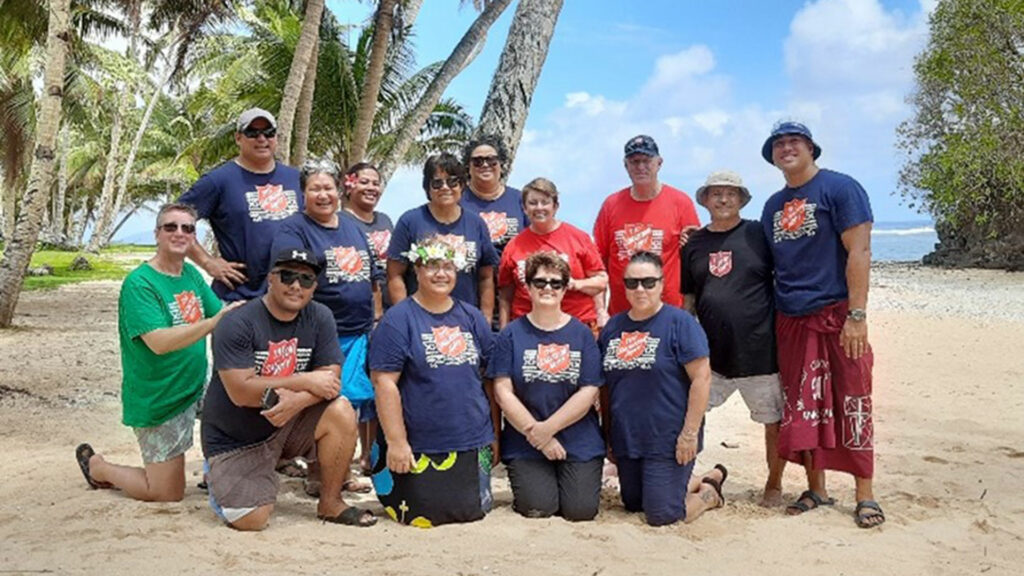
Soalaupule Series success
‘Soalaupule refers to a cultural process where everyone has the right to contribute and give their opinion about a family or village matter. This often happens as part of a family talanoa (talk) or village fono (meeting), with the goal being for the matter at hand to have a peaceful outcome,’ explains Tino.
With many Samoans now spread across the world, disconnection from protective cultural factors is very real. A collaboration of like-minded organisations from America, American Samoa, New Zealand and Samoa use the Soalaupule Series virtual space for conversations about mental health and addiction within Samoan communities.
‘The series is important,’ says Nat, ‘because it is about va, which allows for people to talanoa, connect and collaborate. Soalaupule creates the opportunity for both professionals and the Samoan communities we serve to get to know each other and hear what is important to people for their health and wellbeing. There’s space to learn about the service providers—who we are, what we do and how we can help. For some Samoans living away from the motherland, the impact of acculturation can conflict with traditional cultural protocols, values and beliefs, which can impact mental health and wellbeing. Soalaupule provides a space for us to talanoa about such matters, share our experiences and generate solutions together.’
Tino observes that some Samoans have been ‘functioning in the dysfunction’ for generations, mistaking learnt behaviour as cultural. ‘Sexual abuse and family violence are not part of our culture, but somehow these dysfunctions have become normal, but they are not part of Samoan culture—no way! This is an error for us as a people and we have to be willing to put our hand up and say I want to be a champion of change for the sake of our children. And this is the nature of some of the things we talk about in the Soalaupule Series,’ explains Tino.
Taking place monthly and hosted by one of the member organisations, topics of specialty are presented, with Tino and Nat recently sharing on the topic: ‘Culture is Clinical’, which is available to watch at tinyurl.com/SamoaClinical.
Witness to wellness
Tino and Nat affirm that relapse can be a natural part of recovery and that a person’s journey is unique. ‘There are no coincidences, everything is purposeful and part of God’s plan,’ says Nat. ‘It’s a privilege to witness the strength, faith, courage and hope that are experienced on the journey to recovery and wellbeing, through reconnecting people back to their known protective factors of aiga, aganu’u and Atua.’
Anonymous Client Stories
‘The programme has helped me not only with the physiological side but also my spiritual side, and there has been heaps of change with relationships not only in my family but also my village. Everything about this programme is holistic.’
‘It’s been important learning to break bad cycles set by those who came before us. It’s time to change that cycle so that bad habits don’t continue. CBT was another thing for me—learning that our thoughts are what lead to our negative behaviour, and that we can fix problems while they are still thoughts—before they show through in our behaviour.’
Thinking about a career in mental health and/or addiction work with Pasifika people? Tino and Nat recommend contacting Le Va—Pasifika Mental Health and Addiction Workforce Development to discuss options, which may include WelTec’s Bachelor of Counselling and Addiction Practice or the University of Auckland’s Post Graduate Certificate in Health Sciences—Alcohol and Drug Studies.

